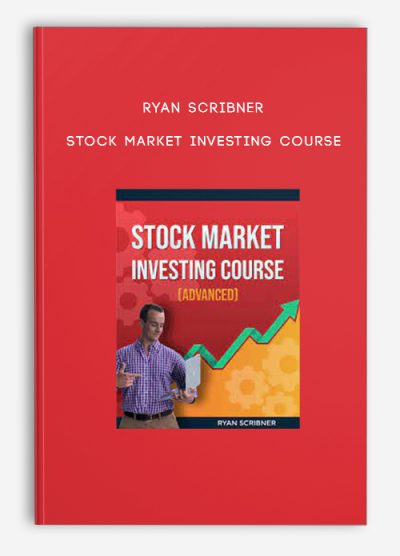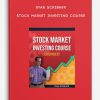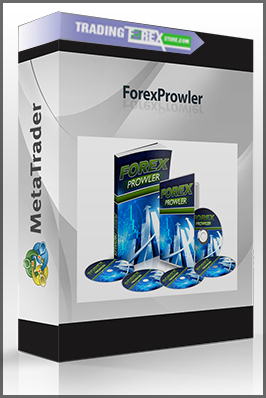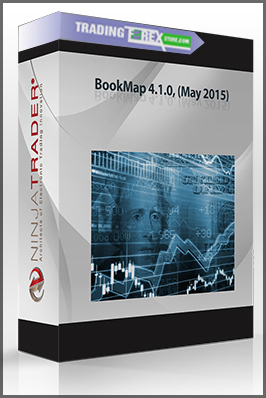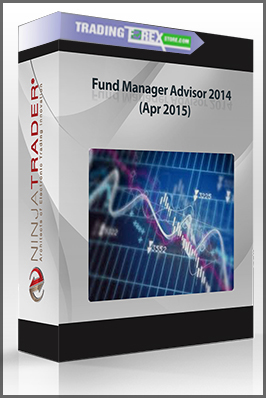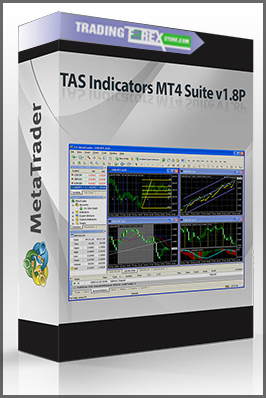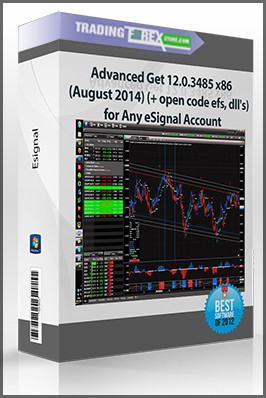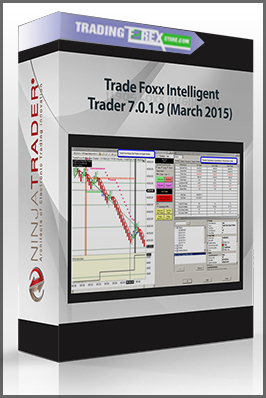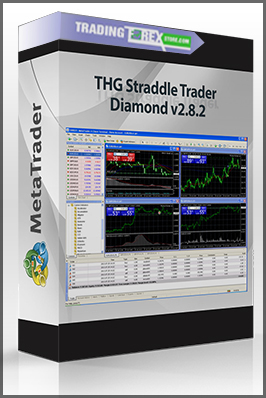Ryan Scribner – Stock Market Investing Course
Original price was: $99.00.$35.00Current price is: $35.00.
- Description
Description
Ryan Scribner – Stock Market Investing Course
This course is going to be a seven week journey which takes you from being a complete beginner to being a stock market expert. There are seventeen sections to this, as well as a bonus section from one of my close friends who has over twenty five years of investing experience. He will be sharing with us his wealth building strategy that allows him to grow his money tax free and expense free year after year.
Here’s what you’ll get:
SECTION 1: Introduction to the Stock Market
We will be discussing what a stock actually is as well as the initial public offering. We cover the major stock exchanges as well as the stock exchanges you should avoid completely. After that, we will be characterizing the bull and the bear market and covering the basic rules of supply and demand and how they are represented in the market. Next, we will be talking about what is actually true about the stock market and what is smoke and mirrors. We will also be covering inflation and other important metrics you should pay attention to as a stock market expert.
SECTION 2: How to Invest in a Stock
This section is made for the first time investors out there. We will be covering the different types of stock brokers out there, the broker I recommend, the difference between full service and online brokers as well as what documentation is required to open a trading account. After that, we move on to the different buy and sell order types you can execute. We will be outlining the difference between a cash and a margin account and explaining fund settlement rules to make sure you don’t violate the SEC rules.
SECTION 3: Before you Start Investing
This is going to be one of the most important parts of the stock market investing course. This section is all about analyzing your own finances and ultimately setting yourself up for success. I am going to show you how to create a personal balance sheet as well as share the best advice I have for increasing your positive cash flow. This includes discretionary and non-discretionary expenses, assets versus liabilities, high and low interest debt and my recommendation for those that are currently in debt. We will also be talking about setting up investing goals and the importance of having a well-defined plan.
SECTION 4: Investment Vehicles
This section is all about the different investment vehicles out there. I will be sharing with you what types of companies I invest in as well as the types of investments you should avoid. This includes index funds, blue chip stocks, dividend stocks, bonds, retirement accounts, real estate investment trusts and more.
SECTION 5: Investing Strategies
In this section we will be talking about the investing strategies that people follow. We will be discussing the winning strategies as well as the losing strategies. I will be discussing the active investing strategies that I recommend as well as the passive investing strategies that are great for people looking for a “set it and forget it” investing strategy.
SECTION 6: Compound Interest
As Albert Einstein said, compound interest truly is the 8th wonder of the world. This section is all about the power of compound interest. We will be talking about the basics of this wealth building equation, the rule of 72 as well as the best ways to earn compound interest through investing.
SECTION 7: Technical Stock Analysis
For those looking for a more active investing approach, this section is made for you. I will be teaching you the basics of technical stock analysis and how to use these indicators to identify the best opportunity to buy. We will cover the four stages of a stock, the support and resistance areas, the basics of reading candlestick charts as well as the other technical indicators I follow.
SECTION 8: Fundamental Stock Analysis
This section is great for those looking for a long term investing approach. We will be talking about fundamental stock analysis and what to look for in a long term investment. I will show you ways to find the intrinsic value of a stock, the difference between price and value based on the teachings of Benjamin Graham and the core principles of value investing. Next, we will be covering all of the fundamental metrics you should pay attention to. We will discuss reading a balance sheet as well as analyzing important documents like the income statements and quarterly earnings reports. I will also be discussing other important factors to look for such as the strength of the brand, the barriers to entry and other types of intellectual property that increase the value of a company.
SECTION 9: The Psychology of the Stock Market
I am going to explain to you the psychological reasons why most investors are unsuccessful in the stock market and how your impulse actions lead you to failure. We will be talking about the herd mentality, the tendency to follow the market, loss aversion and more. I will also explain how these types of emotional decisions create bubbles in a market.
SECTION 10: Industry and Sector Analysis
Many people make the mistake of using the words “sector” and “industry” interchangeably. We will be talking about the difference as well as how to identify a breakout sector or industry within the overall market. Then, we will discuss industry correlation and how some industries depend on the growth and expansion of other industries.
SECTION 11: Market Indexes
This section is all about the indexes. We will be taking a look at the most popular indexes investors follow as well as a variety of index funds you can invest in.
SECTION 12: Corporate Action
There are many decisions a company can make that impact the share price of the stock. We will be going over all of these factors including the forward and reverse stock split, insider buying and selling as well as corporate share buyback programs.
SECTION 13: Investment Taxes
One of the most important things to understand as an investor is what you will be paying in taxes. What you earn doesn’t matter as much as what you actually keep. We will be going over the taxes associated with different investments as well as ways to minimize taxes and even invest in tax free investment vehicles.
SECTION 14: Diversified Portfolio
This section is all about building your portfolio of investments. We will discuss the losing strategy of putting all your eggs in one basket as well as the best ways to get adequate diversification across different assets.
SECTION 15: On The Hunt
I will be showing you what items I have on my buy checklist when looking for an investment. We will be talking about the importance of creating a watch list, the indicators of a great company to invest in as well as the importance of patience.
SECTION 16: How to Profit in a Bear Market
Most people are afraid of the inevitable bear market. I am going to be discussing investing strategies specifically applicable in a bear market or a market correction. The truth is, bear markets provide once in a lifetime investing opportunities.
SECTION 17: Resources for Investors
In this final section, I will be talking about the resources that I use and recommend for further study.

